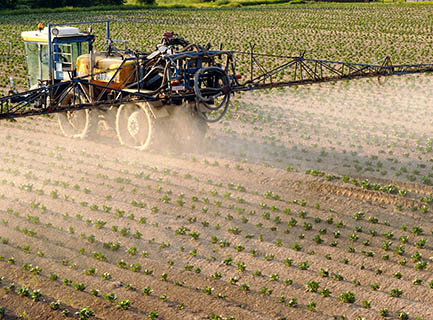Pesticides
Search by
Video
Folder


If pesticides are widely used to ensure a certain agricultural yield, their adverse health effects are proven. Look back at their use from the 1950s to the present, with testimonials for and against the first concerned: farmers.